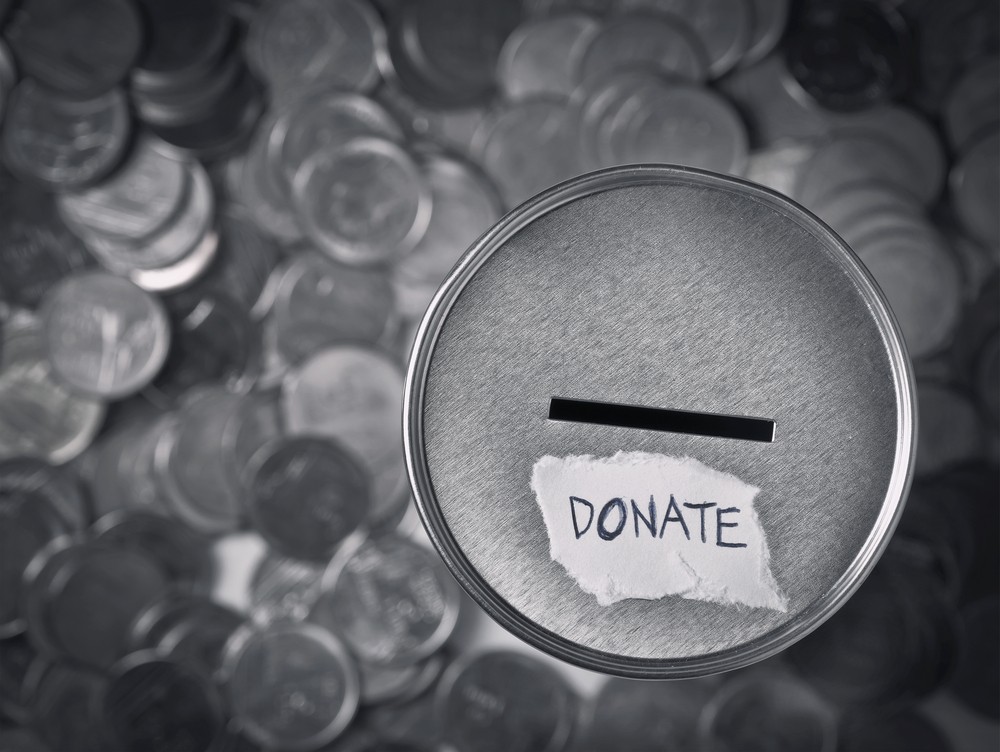Don’t leave behind a financial mess
Money Musts Before You Die
It might be hard to imagine now but what if something were to happen to you? Would your loved ones be taken care of or would they face a tough financial future?
The greatest gift you can leave your family is having your affairs sorted out before you go.
If you have made plans, do your loved ones know where to find them? Would they know what assets you have, what insurance policies are in place or how to access your superannuation or life insurance?
Here are some simple steps you can take to protect the important people in your life.
Sort out your assets and bank accounts
Review your assets and work out what can be passed directly to beneficiaries and what will have to go through your estate.
For example, if you own a property with a partner as joint tenants, the property will automatically transfer to your partner in the event of your death. The same property owned solely by you will become an estate asset and will need to be dealt with in your will.
Check with your bank if your bank accounts can be accessed by your partner when you die and how they could get access.
Check your life insurance
If you have people in your life who rely on you for financial support, such as a partner or dependent child, having life insurance is one way to make sure their financial needs are taken care of.
Life insurance, also known as death cover, will pay a lump sum to your beneficiaries in the event of your death. This money can be used to pay off your mortgage or other personal debts or provide an income for your dependents. See our life insurance webpage for more information.
You may also want to consider disability cover, which will pay a lump sum if you become totally and permanently disabled. If this were to happen, not only would you lose your income, but you may have high care costs. See our total and permanent disability webpage for more details.
You may have life insurance through super
You may already have some cover within your superannuation fund. There are many advantages to getting your life insurance through super.
Update the beneficiaries on your super and life insurance
You should regularly review the nominated beneficiaries on your super and life insurance especially if there is a change in your circumstances.
For example, if you separate from your partner you may change your mind about who gets your super.
Make sure you understand the tax implications of your beneficiary nominations. For example, a super benefit may pass to a spouse tax-free but may be taxable in the hands of adult children. See our super death benefits webpage for more details.< Involve your partner If your partner is not involved with your finances, try to get them involved. Introduce them to your accountant, financial adviser, lawyer, or any other professional you use to help manage your affairs. If you don't already, consider taking your partner to any face-to-face meetings so that they will become familiar with the person and where they are located. If something unexpected were to happen to you your partner should at least have a basic idea of what assets and liabilities you have and who helps you manage them. If you are managing your own affairs, consider leaving detailed instructions on how to access joint assets such as bank and investment accounts in a secure place. Do not store passwords with log in details. Write or update your will Having a valid will so that your assets are given to the people you nominate is very important. Review your will on a regular basis or whenever your circumstances change. Be aware of events that may invalidate your will, for example, a new marriage will void a previous will but divorce will not. You will find more information on our wills & powers of attorney page. Guardianship of children A will can also contain details of who will take legal guardianship of dependent children should something happen to both parents. This is usually someone you trust to raise your children in a similar way to how you are raising them, and someone who has the emotional and financial capacity to take on the responsibility. Setting up a trust If you have a lot of assets or a complicated family structure you may consider using a trust to hold your assets. A family trust can be created while you are still living. A testamentary trust is created by instructions in your will, in the event of your death. See testamentary trusts for more information. You should ask a legal professional to check your estate plan to make sure it is valid. Keep your important documents safe To make sure the person managing your estate can easily locate all of your financial information, set up a file listing all your assets, liabilities, insurance policies and other financial information. The file should include all relevant identification details including financial institution, account number, name of the account, policy provider, policy number, date account opened or policy commenced, and any other information that may be required to accurately identify you or your account. It may be helpful to include the latest account statement in the file. Don't forget to include financial products where the correspondence is received electronically. Consider keeping a hard copy and an electronic copy of this file. Keep the electronic copy in a secure data file and the hard copy in a locked filing cabinet that only the person managing your estate has access to. Do not include passwords or other access details that only you should know.
Here’s a full list of all the important documents you should put in a safe place.
- Birth certificate
- Marriage certificate
- Will
- Enduring power of attorney
- Advance healthcare directive (also called a living will)
- Personal insurance policies
- House deeds
- Home and contents insurance
- Deeds and insurance policies for any other real estate you own
- Bank account details
- Superannuation papers
- Investment documents (securities, share certificates, bonds)
- Medicare card
- Medical insurance details
- Pensioner concession card
- Any pre-payments of funeral investments
If you develop a plan and put it in place, you’ll make sure your loved ones will be taken care of after you have gone.
Source; https://www.moneysmart.gov.au/life-events-and-you/life-events/money-musts-before-you-die


